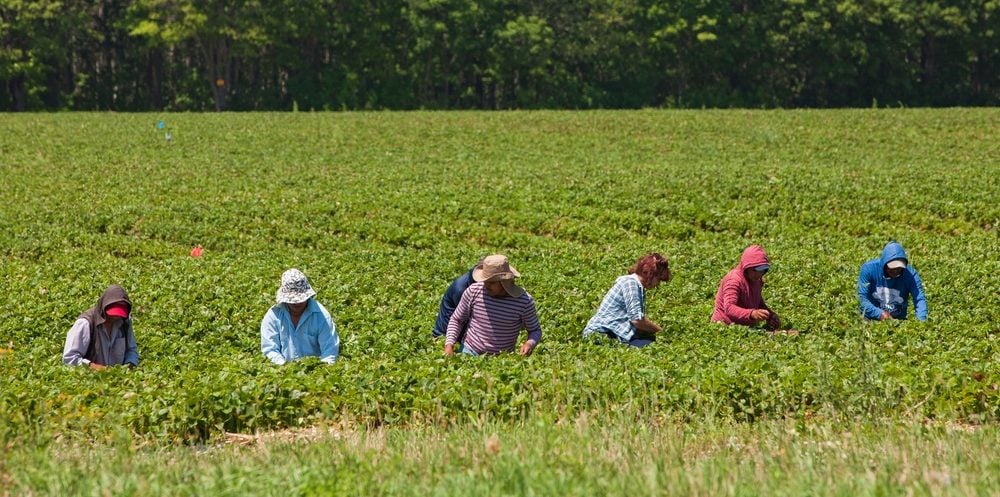Agriculture and agri-food have been identified as one of five occupational areas prioritized by Immigration, Refugees, and Citizenship Canada (IRCC) for Express Entry category-based draws in 2023.
IRCC implemented category-based selecting draws for Express Entry at the beginning of the year in an effort to assist important sectors of the economy with some of the country’s worst labor market deficits.
The first of these drawings, held on June 28, is intended to entice immigration candidates with job experience in these specific sectors to immigrate to this country. This is due to the government identifying a need for people in certain industries for Canada to keep growing and thriving.
Healthcare, science, technology, engineering, and mathematics (STEM), transportation, trades, and agriculture/agri-food are among the 2023 Express Entry segments.
As a consequence, rather than rating applicants depending solely on their Comprehensive Ranking System (CRS) scores, the draws favor individuals with relevant work experience.
The Reason Agriculture/Agri-Food Was Picked As A Target Express Entry Category
According to the Canadian Agricultural Human Resource Council (CAHRC), the sector will have 123,000 more jobs than the local labor force can fill by 2029.”
Because agriculture and agri-food are critical to Canada’s sustainability and future, such a prognosis explains why Canada regards this industry as one that requires special attention as an Express Entry segment.
Additionally, according to the CAHRC, “the agriculture and agri-food industries … contribute over 122 billion dollars per year, which equates to 6.3% of Canada’s GDP, and as the global demand for Canadian food and agriculture products grows globally, this sector’s influence on the economy is projected to continue to rise.”
This emphasizes the importance of the agriculture and agri-food industries to Canada as a whole, proving why IRCC selected this industry to be eligible for its own category-based Express Entry draw in 2023.

How Many Agricultural And Agri-Food Workers Does Canada Require?
The Canadian Broadcasting Corporation (CBC) aired a report on agricultural labor on April 29. According to this post, which quotes the president of Nova Scotia’s Federation of Agriculture, the province may suffer a shortfall of in excess of 2,500 farm employees by 2029.
The news comes as statistics from the Government of Canada Job Bank show a drop in employment of over 20,000 industrial workers in one Canadian province over the last ten years.
According to Job Bank statistics, provincial employment “in this sector [across Alberta] is down by 28,300 jobs (-44%) from 2013 to 2022.” In British Columbia, for example, industry employment has fallen by almost 10% in the recent decade.






